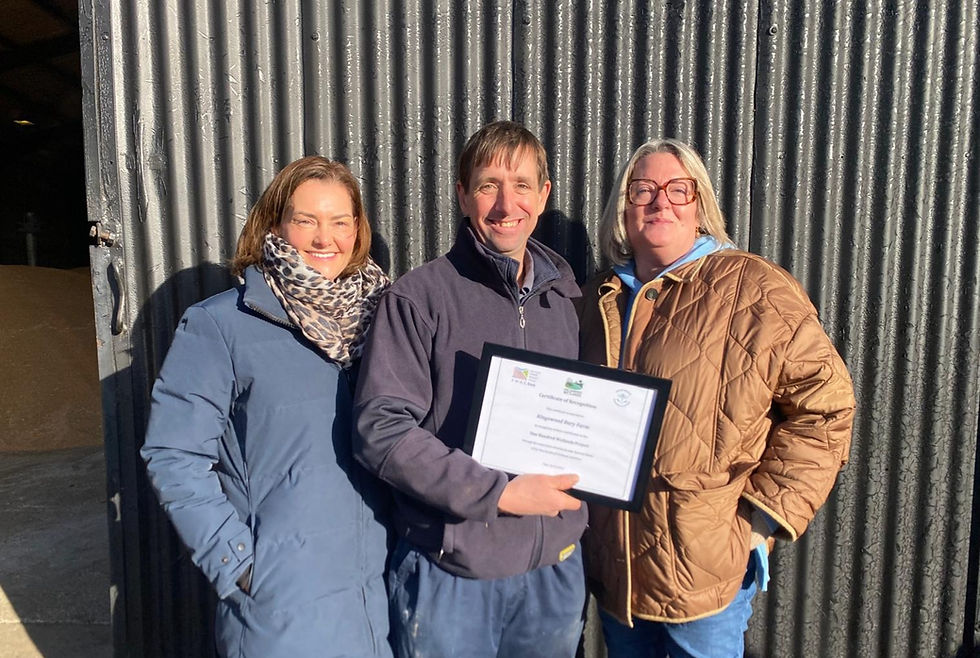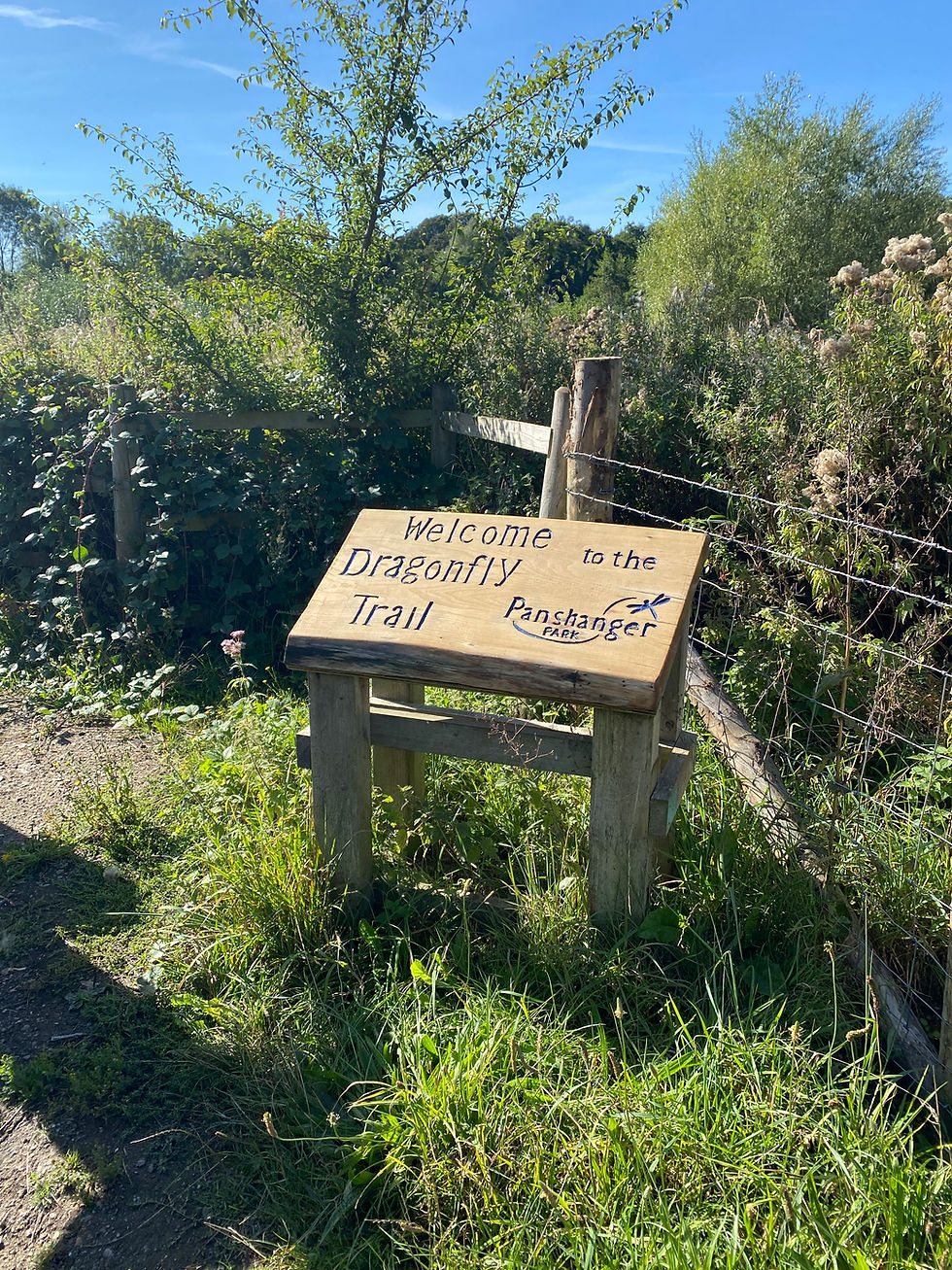Beaver Protection Timeframe - Policy Update
- Jilly McNaughton

- Jul 18, 2022
- 2 min read
Updated: Sep 7, 2022

As announced by DEFRA last year, the Government will be bringing forward legislation to provide Eurasian beavers legal protection in England. This legislation will be laid in Parliament on Tuesday19 July 2022 and protection will come into force on 1 October 2022.
Beavers will be given protection by listing them on Schedule 2 to the Conservation of Habitats and Species Regulations 2017. This will make it an offence to deliberately capture, kill, disturb, or injure beavers, or damage their breeding sites or resting places.
The legislation will also amend Schedule 9 of the Wildlife and Countryside Act 1981 to retain the requirement for a licence to be issued in order to release Eurasian beavers into the wild. It will though remove the option to use species control orders (which are usually used to mandate control of non-native species) as this conflicts with the protected status of the species.
Natural England is continuing to develop guidance on the management of beavers, with input from key stakeholders. FWAG East responded to last year’s consultation on the matter and Natural England has agreed to update us at the earliest opportunity on which management actions will or will not require a licence, and where stakeholders can go for advice and support.
Full guidance will be published on GOV.UK in the autumn to complement the change in legal protection coming into force.

FWAG East’s Position – A Summary
FWAG East recognises beavers offer an unprecedented opportunity for nature recovery and climate change mitigation. Beaver reintroductions in England offer farmers the opportunity to reduce some of the negative impacts of conventional agriculture by slowing the flow of water across the land, trapping sediment and improving water quality downstream. They are also a valuable habitat management tool for creating and managing wetland habitats and regenerating woodlands; activities which many of our members are already actively engaged in and keen to do more of. Beavers also represent a potential future source of diversification and natural capital income for landowners.
As such, we believe it is our role to enable landowners to fully realise and manage these benefits with as little negative impact as possible to their, and their neighbours, property and farm businesses. We will keep up with the guidance so that we can be a go-to source of advice for our members and particularly for landowners considering beaver reintroductions or seeking help for managing both the positive and negative impacts of beavers on their land.





Comments